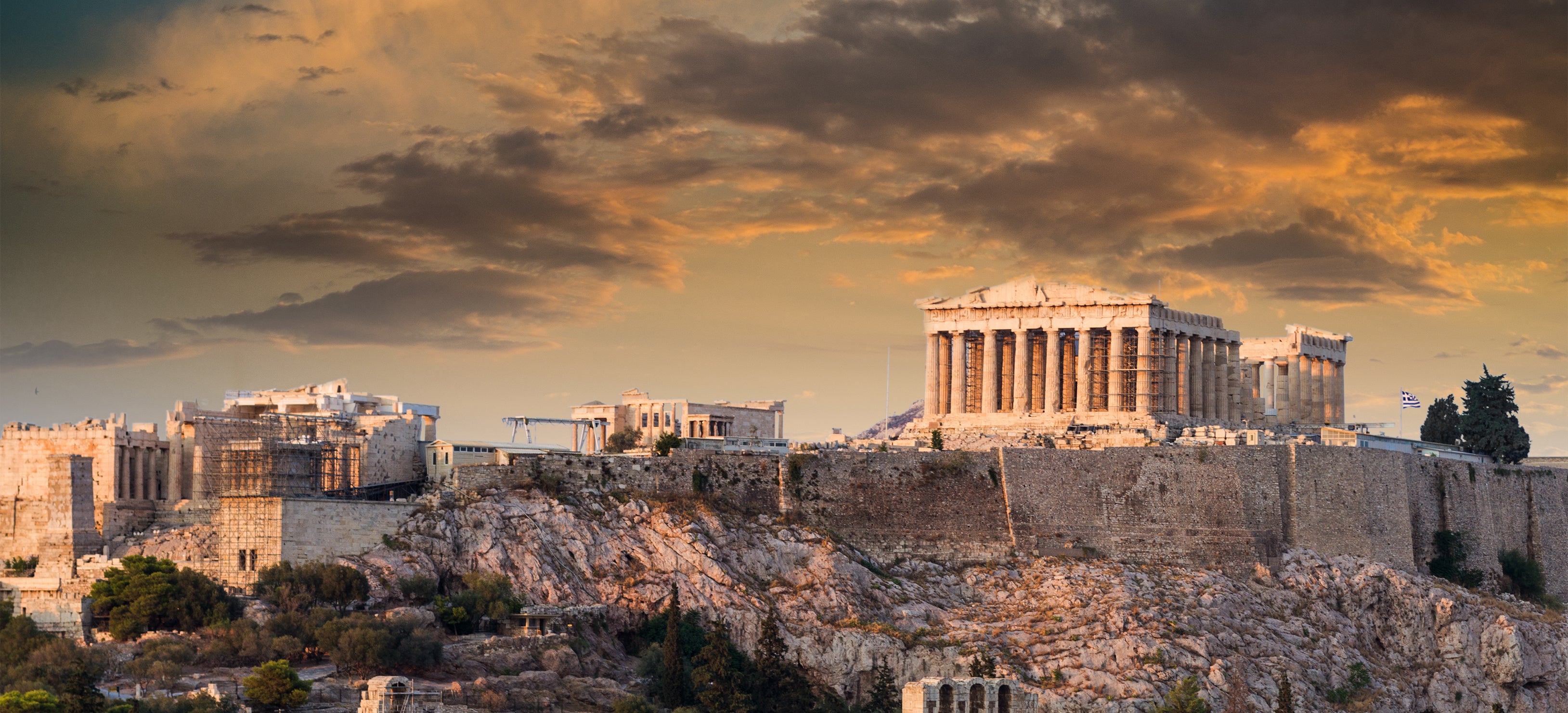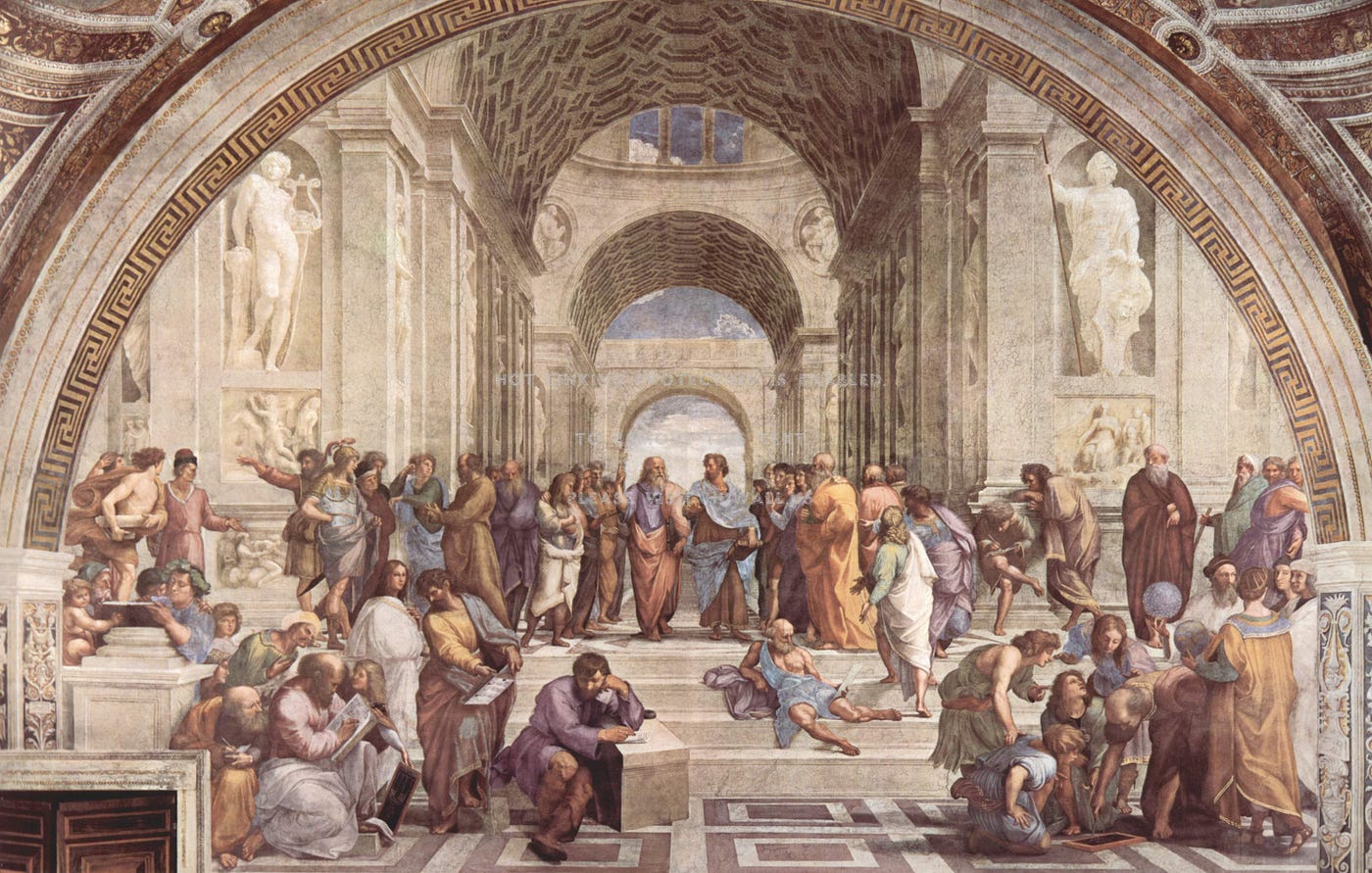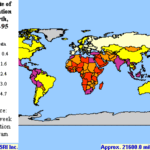Democracy, the system of government in which power is vested in the hands of the people, has a rich and varied history. From its origins in ancient Greece to its modern iterations, democracy has undergone significant evolution. This article explores the key differences and similarities between democracy in ancient Greece and modern democracies around the world.

Credit: www.historyextra.com

Credit: www.history.com
Ancient Greek Democracy
Ancient Greece, particularly the city-state of Athens, is often heralded as the birthplace of democracy. In the 5th century BCE, Athenian democracy emerged as a direct form of governance, in which citizens participated directly in decision-making processes. The Athenian Assembly, composed of male citizens, played a pivotal role in legislation, policies, and the election of officials.
This early form of democracy in Athens, however, was not universal. Women, slaves, and foreign residents were excluded from participation, limiting the scope of democratic ideals. Nevertheless, the principles of citizen involvement, political debate, and collective decision-making laid the groundwork for democratic governance in the centuries to come.
Key Features Of Ancient Greek Democracy:
- Direct participation of citizens
- The inclusion of male citizens in decision-making
- The Athenian Assembly as a legislative body
- Limitations on citizenship (exclusion of women, slaves, and foreign residents)
Modern Democracies
Fast-forward to the present day, and the landscape of democracy has undergone significant transformation. Modern democracies, while built on the foundations laid by ancient Greece, exhibit a number of crucial differences.
One of the defining characteristics of modern democracies is the concept of representative government. Unlike the direct democracy of ancient Athens, where citizens directly voted on policies and laws, modern democracies employ elected officials to represent the interests and voices of the people. This representative model allows for the management of larger populations and more complex governance structures.
Furthermore, modern democracies prioritize the protection of individual rights and liberties. Constitutional frameworks, such as the Bill of Rights in the United States or the Human Rights Act in the United Kingdom, serve to safeguard the freedoms of citizens, ensuring that minority voices are heard and respected.
Contrasts Between Ancient Greek And Modern Democracies:
| Ancient Greek Democracy | Modern Democracies |
| Direct participation of citizens | Representative government |
| Limited citizenship | Emphasis on individual rights and liberties |
| The Athenian Assembly as the primary legislative body | Elected officials as representatives of the people |
Continued Evolution
As we progress into the 21st century, the concept of democracy continues to evolve. Technological advancements have brought about new avenues for citizen engagement and participation. The rise of social media and digital platforms has enabled wider dissemination of information and enhanced connectivity between citizens and their elected officials.
Furthermore, the global interconnectedness of modern societies has given rise to the concept of transnational democracy. Issues such as climate change, human rights, and international trade transcend national borders, prompting collaborative efforts and multilateral decision-making processes. In this context, the evolution of democracy extends beyond individual nations to encompass broader global governance structures.
Frequently Asked Questions On Democracy In Ancient Greece Vs. Modern Democracies: Unveiling The Evolution Of Power
Q: How Did Democracy Originate In Ancient Greece?
A: Ancient Greece is known as the birthplace of democracy, where citizens had equal rights and participated in decision-making.
Q: What Are The Key Principles Of Democracy In Ancient Greece?
A: Ancient Greek democracy valued citizen participation, equality under the law, and freedom of speech.
Q: How Does Ancient Greek Democracy Differ From Modern Democracies?
A: Ancient Greek democracy involved direct citizen participation, whereas modern democracies rely on representative systems.
Q: What Role Did The Assembly Play In Ancient Greek Democracy?
A: The assembly in Ancient Greece was where citizens voted on laws and crucial decisions for the city-state.
Conclusion
While the roots of democracy can be traced back to ancient Greece, the form of governance has undergone significant changes over the course of history. From the direct democracy of Athens to the representative systems of modern democracies, the evolution of democratic ideals reflects the shifting needs and complexities of human societies.
In the ongoing quest for inclusive and participatory governance, the legacy of ancient Greek democracy serves as a reminder of the fundamental principles of citizen engagement and collective decision-making. As we navigate the challenges of the contemporary world, the lessons of history continue to shape the future of democracy and the power of the people to govern themselves.
Guest Author Sakhawat-Shuvo wrote and edited this Article based on his best knowledge and understanding. These opinions and remarks are not endorsed or guaranteed by epichistoria.com or EpicHistoria. The Epic Historia does not guarantee this article’s content. Readers should verify and use their judgment before trusting the content. Also, the Images used in this Article are the copyright of their Respective Owners. Please use our Comment Box or Contact Us form to report this content. This information is not accountable for losses, injuries, or damages.

